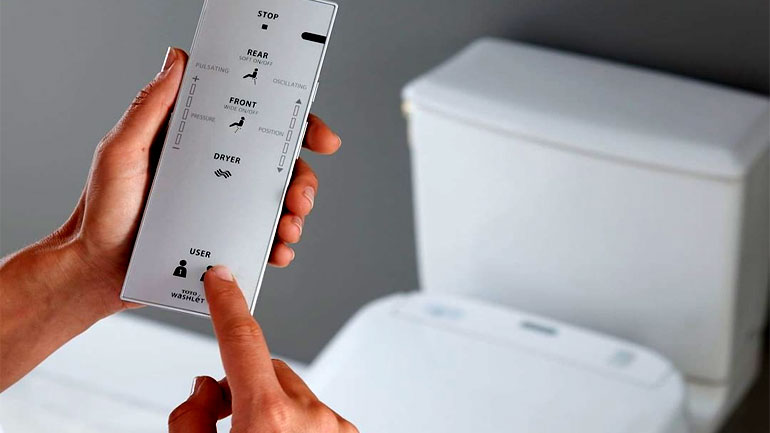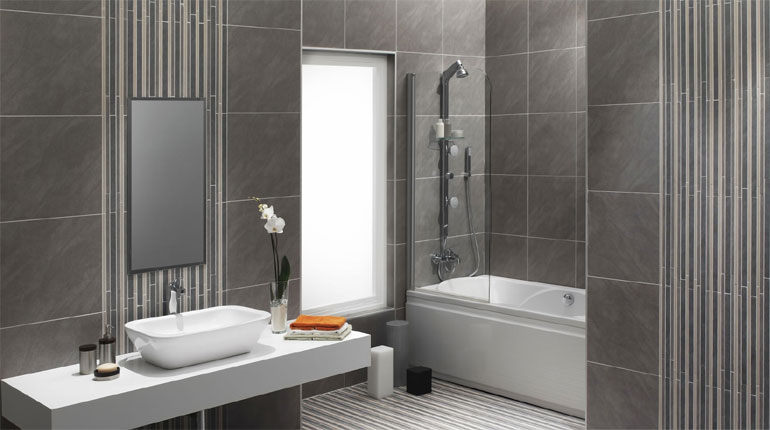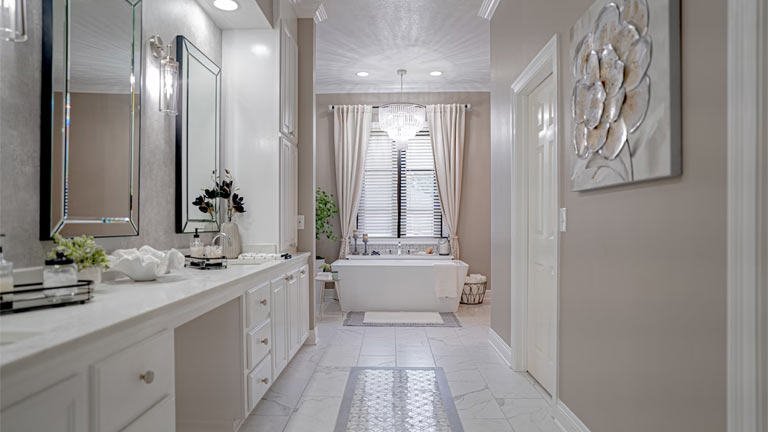
Toilets have been around for some time, and their impact cannot be overstated. The creation of the flush toilet improved our sanitation conditions exponentially and has been pivotal in protecting the health of the public for years.
Modern companies are always looking to adapt and improve areas of society, and sanitation is no exception. In recent years, companies have sought to modernise the toilet through the creation of the smart toilet. Today we are going to outline what a smart toilet is, and provide you with key information so you can determine whether you need one.
Smart Toilet: An Overview
The smart toilet has been widely popular in the Japanese market for some years. Smart toilets are popular in other areas of Asia too, but we seem to deem them as exclusively Japanese due to their unprecedented popularity there. To put that into context, it is estimated that 70-80% of Japanese homes own and use a smart toilet with the bidet function.
In England, for example, the smart toilet has not had quite the same impact. With a tonne of benefits over a normal flush toilet, we are somewhat puzzled by this. Companies are now making great strides, and are looking to place smart toilets in the average home. As companies continue to develop cost effective products, their popularity in the West is only likely to increase.
What Is a Smart Toilet And How Does It Work?
So, what is a smart toilet? In many ways, a smart toilet outperforms a regular toilet and offers a number of features to improve sanitation and user experience. For example, some units have a self cleaning functioning, utilise sensors that remove manual flushing and have an integrated bidet feature. On some of the higher end units, you are even able to play music and disperse fragrance to remove odours.
Smart Toilets: Understanding The Benefits
Although they may sound fantastic, you may also be questioning what the specific benefits are and how, exactly, they outperform a regular toilet. Some of the key benefits associated with the smart toilet are as follows:
Extremely Hygienic
Some models have self cleaning features, and a lot of modern units offer touch free operation. If we consider public toilets, for example, the ability to operate them without physical touch greatly improves public hygiene standards. The inbuilt bidet function that a lot of units boast may also allow users to clean themselves more thoroughly.
Valuable To Vulnerable Users
A lot of the features that smart toilets offer may be valuable to old or disabled users. Smart toilets make taking care of personal hygiene easier, and for someone who is vulnerable this is invaluable.
Water Savings
The amount of water you use on each flush is drastically reduced, as smart toilets know exactly how much water is needed. This reduces your household water consumption and can have a positive impact on your monthly utility bills.
Improved User Experience
We have already discussed the many features smart toilets boast. The greatest benefit of a smart toilet is that you, the user, have an improved experience. From seat warming to spray adjustment, your smart toilet unit works to put you first.
So, Do I Need a Smart Toilet?
Determining whether you need to replace your toilet for a smart toilet is challenging. This is because it will appeal to some people, and perhaps not to others. Although some people may view them as a luxury, or even a novelty, they boast features which hold the potential to revolutionise our toilet experience.
One of the potential downsides of smart toilets is that, at the higher end, they have a substantial cost attached. Regular toilets are cheaper, and are perfectly functional, so many people may view smart toilets as an unnecessary luxury.
We conclude that if you can afford to widen your budget slightly, a smart toilet is a great investment for you and your family. If you have decided on purchasing a smart toilet, and you are looking for an experienced team to handle the installation, the technicians at GK Plumbing can help. For those based in or near Aylesbury, the GK team can oversee any installation or maintenance projects.




